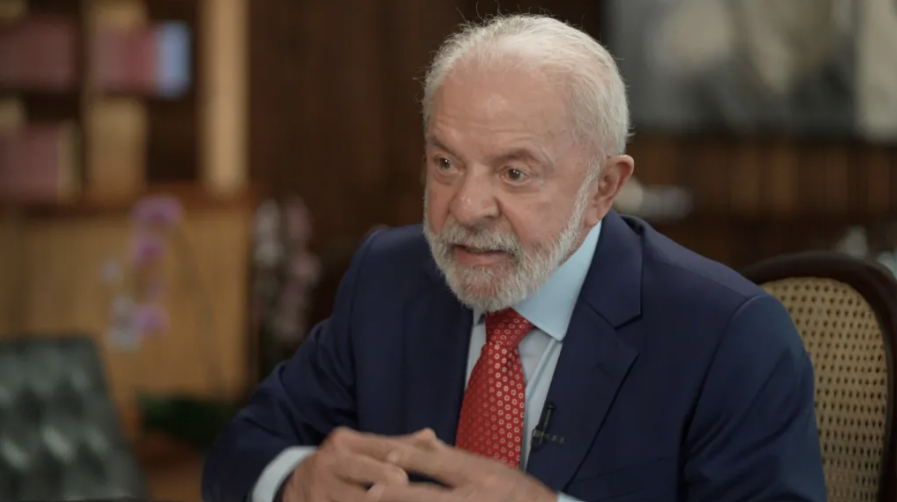Brazilian President Luiz Inácio Lula da Silva has stated that he has “no relationship” with US President Donald Trump, marking a significant low point in diplomatic ties between the two nations.
The declaration follows Trump’s decision in July to impose a 50% tariff on Brazilian goods, despite the United States maintaining a trade surplus with Brazil. The tariffs have affected key Brazilian exports such as coffee and beef, with Lula warning that American consumers would ultimately pay higher prices. He described the tariffs as “eminently political” and criticized the lack of direct communication from Washington, saying he learned of the measures through local newspapers rather than official diplomatic channels.
According to Lula, Trump never sought dialogue with him and instead relied on social media to announce decisions. “There’s no relationship,” he said, while adding that he would still greet Trump out of courtesy if they crossed paths at the upcoming United Nations General Assembly. “He may be president of the United States, but he is not emperor of the world,” Lula remarked.
The Brazilian leader emphasized that strained relations with the US president were an exception, noting he has maintained constructive ties with leaders across Europe, China, Russia, and Africa. He defended his relationship with Russian President Vladimir Putin, recalling their cooperation during earlier terms in office, and stressed that Brazil’s oil purchases from Russia were purely economic.
Lula also weighed in on the recent conviction of his predecessor Jair Bolsonaro, who was sentenced to 27 years in prison for plotting a coup. He accused Bolsonaro and his allies of attempting to undermine democracy and even plotting his assassination. Lula criticized Trump for echoing Bolsonaro’s narrative of political persecution, arguing that such claims were “invented untruths.”
Beyond bilateral disputes, Lula renewed his call for reform of the United Nations, denouncing the veto powers held by five permanent members of the Security Council. He argued that the current structure reflects outdated post-World War Two realities and excludes major nations such as Brazil, Germany, India, Japan, and African states from meaningful global decision-making.
Domestically, Lula faces pressure over exploratory oil drilling near the Amazon River, a plan opposed by environmentalists and his own environment minister. While defending the move as legally compliant, he reiterated his vision of a future without fossil fuels though acknowledging that “this moment has not come yet.”
At 79, Lula has not yet confirmed whether he will seek re-election in 2026, saying the decision will depend on health, political opportunity, and party consensus. For now, he remains focused on defending Brazil’s interests amid escalating tensions with Washington.

